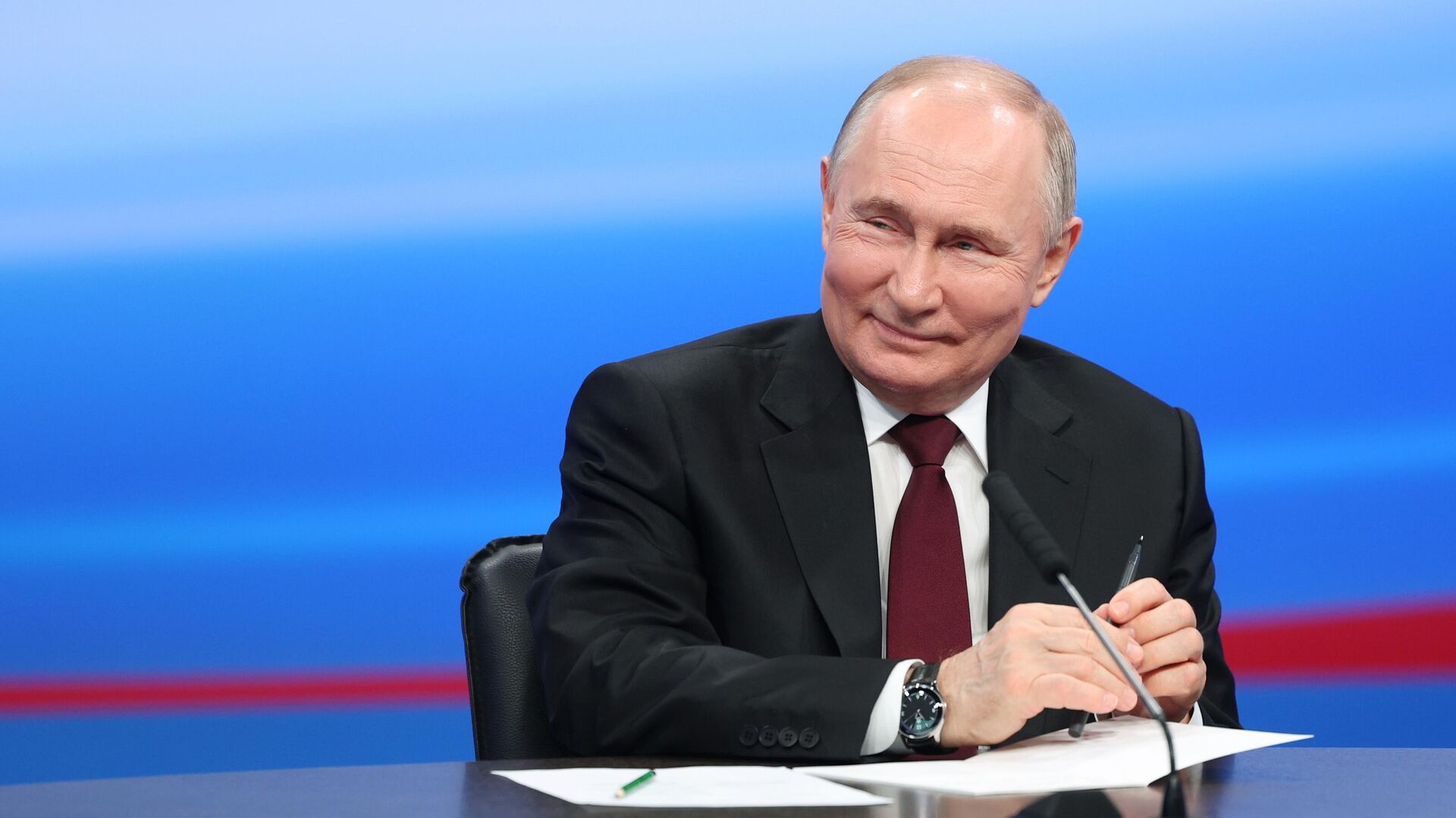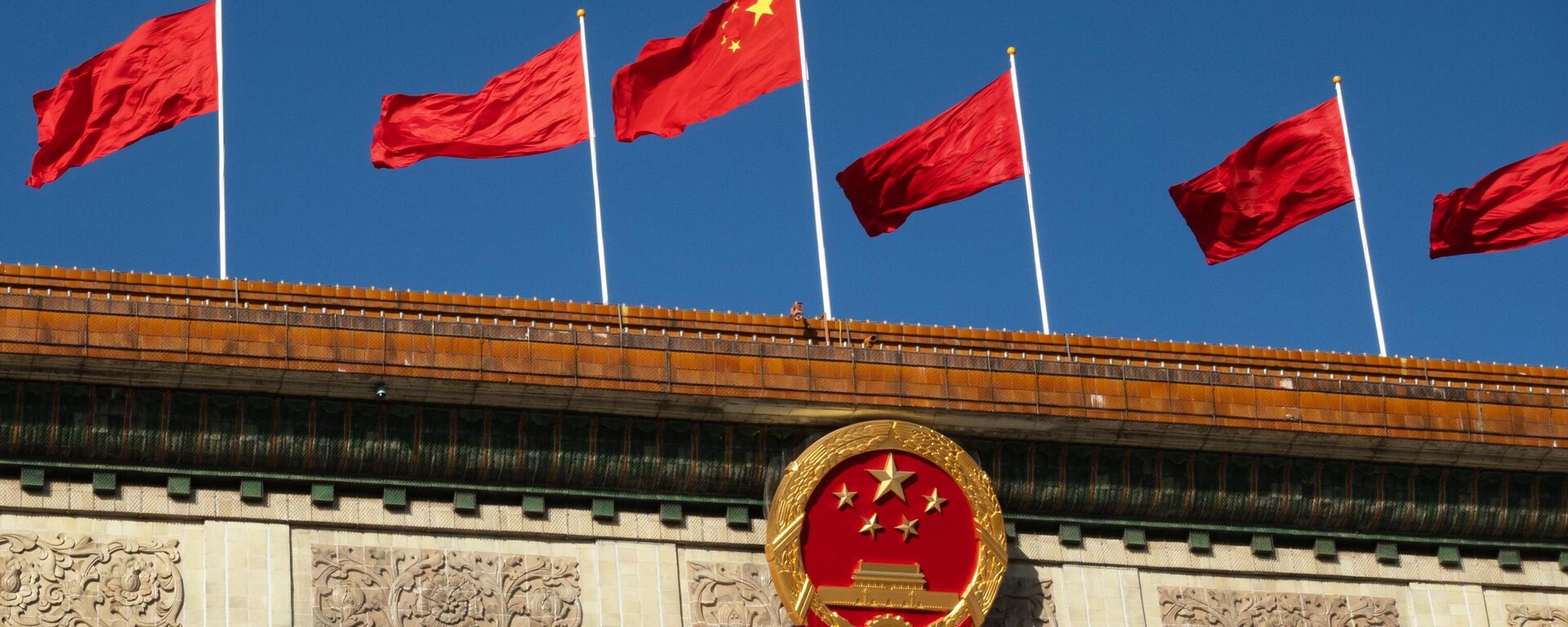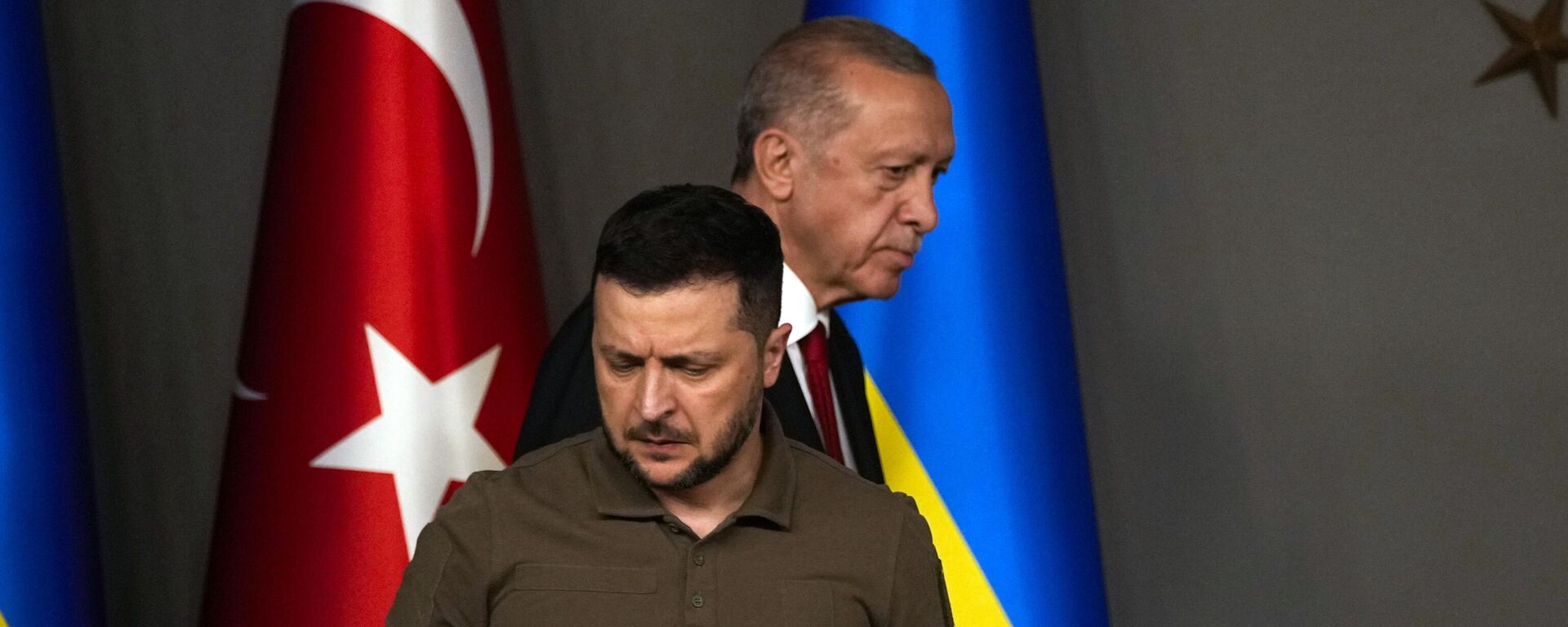https://sputnikglobe.com/20240321/election-and-polls-show-russia-is-united-while-west-fractures-1117460371.html
Election and Polls Show Russia Is United While West Fractures
Election and Polls Show Russia Is United While West Fractures
Sputnik International
After Russian President Vladimir Putin won reelection in a historic landslide, it is clear that Russia is united while the West fractures, professor of political science Nicolai Petro told radio Sputnik on Tuesday.
2024-03-21T03:37+0000
2024-03-21T03:37+0000
2024-03-21T03:37+0000
analysis
lindsey graham
nicolai petro
rishi sunak
russia
ukraine
university of rhode island
vladimir
sputnik
the critical hour
https://cdn1.img.sputnikglobe.com/img/07e8/03/12/1117401577_0:123:3204:1925_1920x0_80_0_0_bc89f38d283f3549764f6f658443714a.jpg
Russian President Vladimir Putin’s resounding victory over the weekend shows that Russia is more united than ever while the West has a “huge problem” unifying a “divided support base,” Nicolai Petro, a professor of political science at the University of Rhode Island told Sputnik’s The Critical Hour on Tuesday.“I think [the election results] pretty accurately reflect the desires of the Russian people and it’s hard to come up with any evidence to the contrary,” Petro said, adding that in Western media you will find “contrary opinions, but you cannot find any evidence.”Co-host Garland Nixon noted that Western leaders have comparatively abysmal approval ratings, noting that 76% of French people oppose French President Emmanual Macron’s plan to send troops to Ukraine and that British Prime Minister Rishi Sunak and German Chancellor Olaf Scholz have incredibly low approval ratings at 25% and 17%, respectively.Co-host Wilmer Leon asked about US Senator Lindsey Graham (R-SC) who recently spoke to the Ukrainian parliament, urging them to pass a mobilization bill that would lower the minimum conscription age from 27 to 25. Before the conflict, Ukraine had one of the oldest populations in Europe and the high conscription age was set in an attempt to save younger Ukrainians who would be needed to father the next generation.“We can [see the difficulty in getting it passed] by the 4,000 or 5,000 amendments that have been submitted to the new mobilization law, in fact, that it’s very difficult going,” Petro explained. “It’s easy for Sen. Graham to sit here and to say, I believe his quote was ‘we need more people on the line.’ Of course, the classic retort is, ‘Who’s ‘we’ Kemo Sabe? I don’t see you anywhere near the front line.’ And, that’s the way a lot of people seem to be reacting to this call.”
https://sputnikglobe.com/20240320/china-voices-hope-for-deescalation-efforts-amid-macrons-plans-to-send-troops-to-ukraine-1117453040.html
https://sputnikglobe.com/20240309/zelensky-rejects-proposed-peace-summit-negotiation-with-russia-1117216966.html
russia
ukraine
vladimir
Sputnik International
feedback@sputniknews.com
+74956456601
MIA „Rossiya Segodnya“
2024
News
en_EN
Sputnik International
feedback@sputniknews.com
+74956456601
MIA „Rossiya Segodnya“
Sputnik International
feedback@sputniknews.com
+74956456601
MIA „Rossiya Segodnya“
russian elections, macron popularity, sunak popularity, olaf scholz popularity, nicolai petro interview
russian elections, macron popularity, sunak popularity, olaf scholz popularity, nicolai petro interview
Election and Polls Show Russia Is United While West Fractures
Over the weekend, Russian President Vladimir Putin was reelected for another six years in a record landslide, securing 87.8% of the vote, a figure that largely matched outside polling.
Russian President Vladimir Putin’s resounding victory over the weekend shows that Russia is more united than ever while the West has a “huge problem” unifying a “divided support base,” Nicolai Petro, a professor of political science at the University of Rhode Island
told Sputnik’s The Critical Hour on Tuesday.
“I think [the election results] pretty accurately reflect the desires of the Russian people and it’s hard to come up with any evidence to the contrary,” Petro said, adding that in Western media you will find
“contrary opinions, but you cannot find any evidence.” Co-host Garland Nixon noted that Western leaders have comparatively abysmal approval ratings, noting that 76% of French people oppose French President Emmanual Macron’s plan to send troops to Ukraine and that British Prime Minister Rishi Sunak and German Chancellor Olaf Scholz have incredibly low approval ratings at 25% and 17%, respectively.
“That’s a huge problem for the West. We have a divided support base in the West, perhaps a more ostensibly unified leadership, but that’s only until an opposition comes into power. Then, we’ve got huge problems for the West, no matter which way you slice it,” Petro explained. “Whereas in Russia, again no matter how you slice it, you have a unified population and political elite. One of the most popular Ukrainian journalists– now in exile– Diana Panchenko, put it very well when she said ‘A united collective West gave us a united collective Russia.’”
Co-host Wilmer Leon asked about US Senator Lindsey Graham (R-SC) who recently spoke to the Ukrainian parliament, urging them to pass a mobilization bill that would lower the minimum conscription age from 27 to 25. Before the conflict, Ukraine had one of the oldest populations in Europe and the high conscription age was set in an attempt to save younger Ukrainians who would be needed to father the next generation.
“We can [see the difficulty in getting it passed] by the 4,000 or 5,000 amendments that have been submitted to the new mobilization law, in fact, that it’s very difficult going,” Petro explained. “It’s easy for Sen. Graham to sit here and to say, I believe his quote was ‘we need more people on the line.’ Of course, the classic retort is, ‘Who’s ‘we’ Kemo Sabe? I don’t see you anywhere near the front line.’ And, that’s the way a lot of people seem to be reacting to this call.”
“I think Russia is, in fact, seeking some sort of negotiated settlement,” Petro added. “[As that becomes] clear, both in Ukraine and in the West, people will inevitably begin asking themselves ‘Well, why don’t we actually negotiate a ceasefire and see how far we can go?’”




